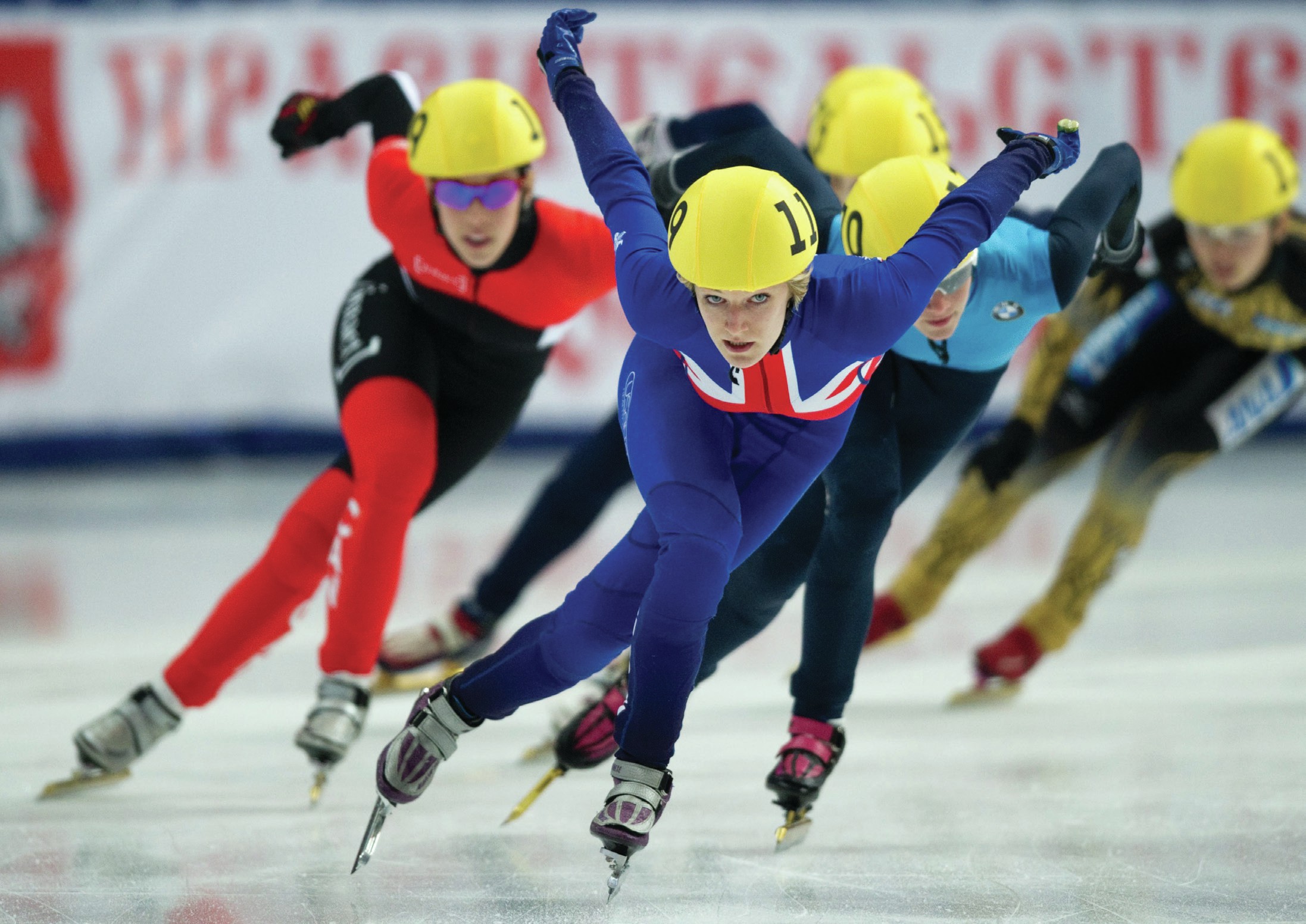
At the 2008 Beijing Olympics, Great Britain and Northern Ireland achieved their best medal tally in an Olympic Games since 1920. Four years on, the greatest show on Earth arrived in London, with UK Sport demanding a minimum of 48 medals from Team GB. To achieve this goal, £264 million was injected into Olympic sport. Come the end of the Olympics, Team GB had amassed a modern-day record with a total of 65 medals across a variety of sports, comprising 29 gold, 17 silver and 19 bronze.
Most of the successful teams at London 2012 had access to highly skilled sport science and medical personnel. One of the disciplines that has grown considerably over the past 10–15 years is performance psychology, which has an increasing impact on athletes’ performance.
Your organisation does not have access to this article.
Sign up today to give your students the edge they need to achieve their best grades with subject expertise
Subscribe




